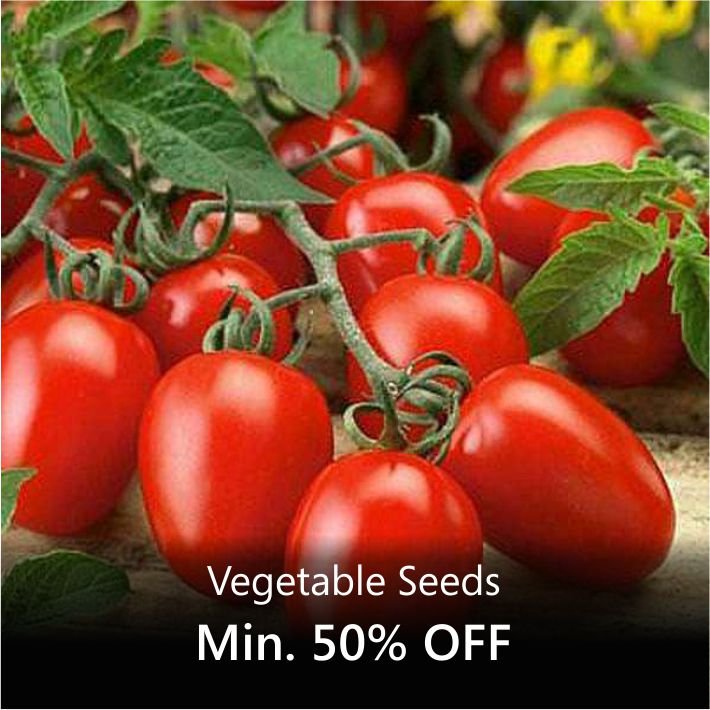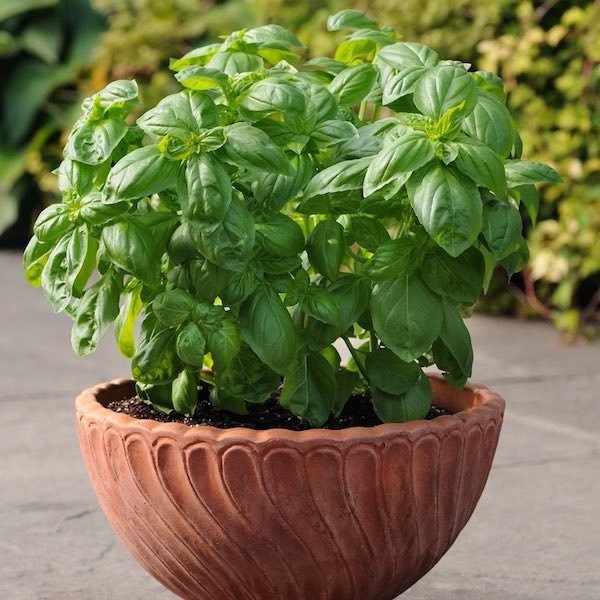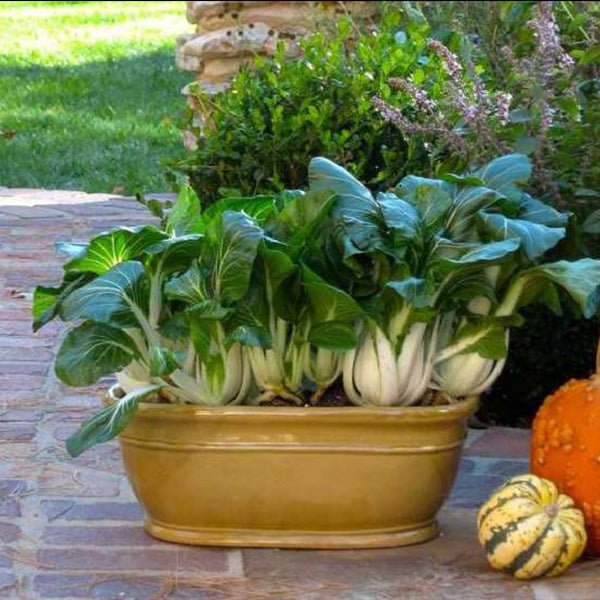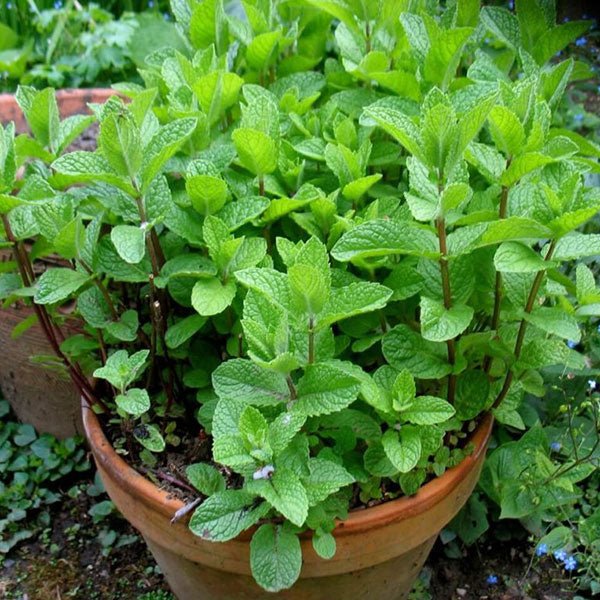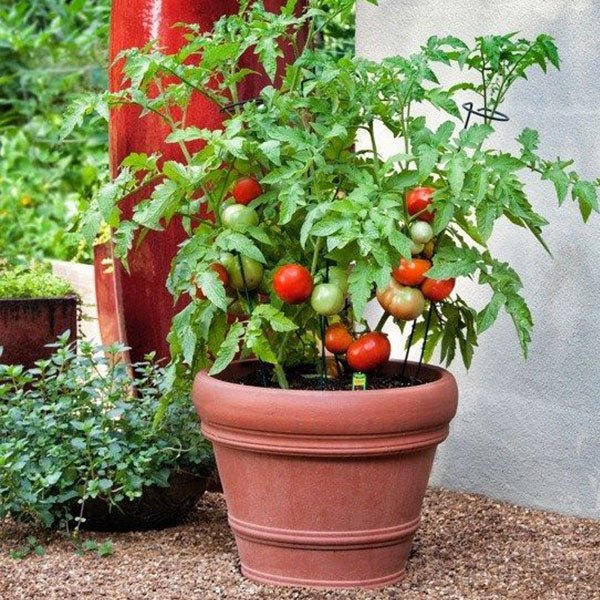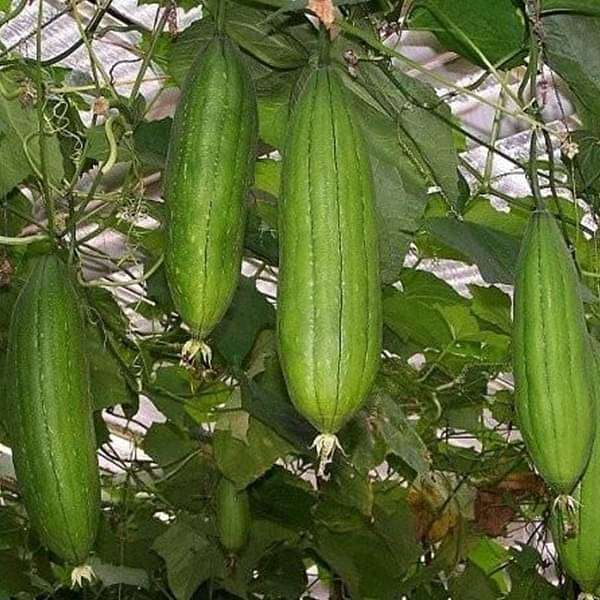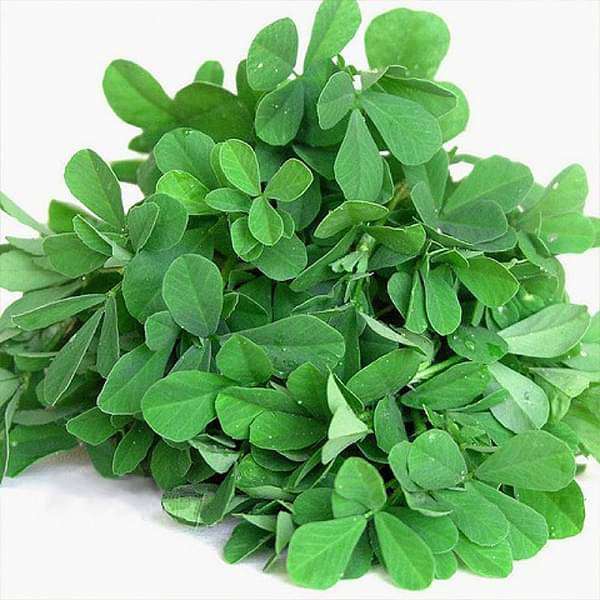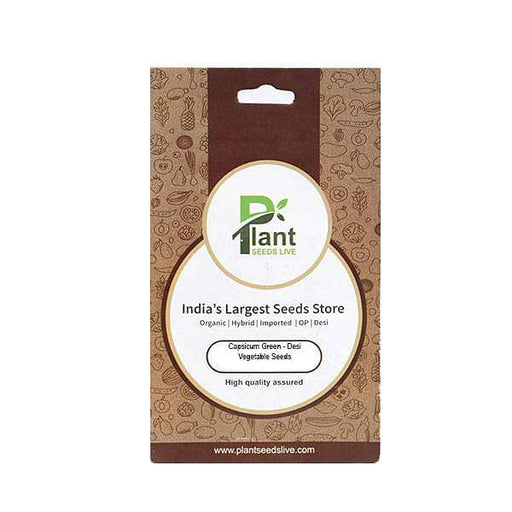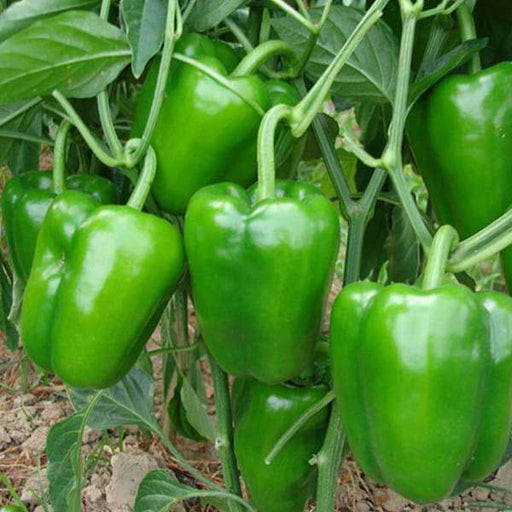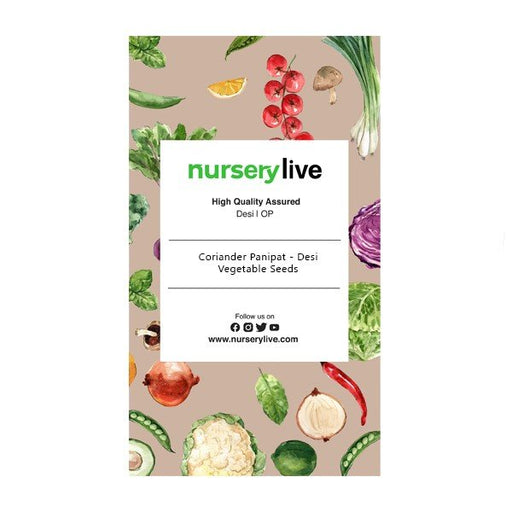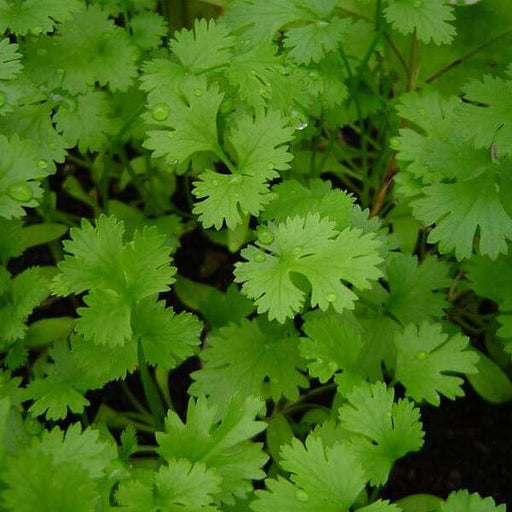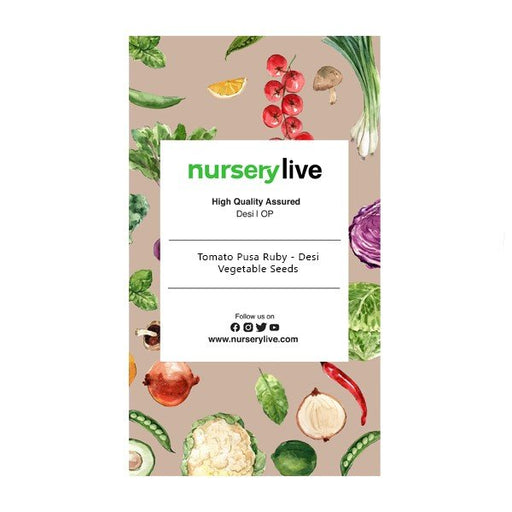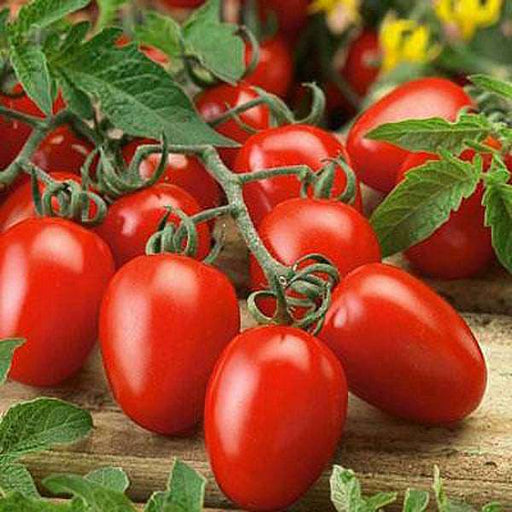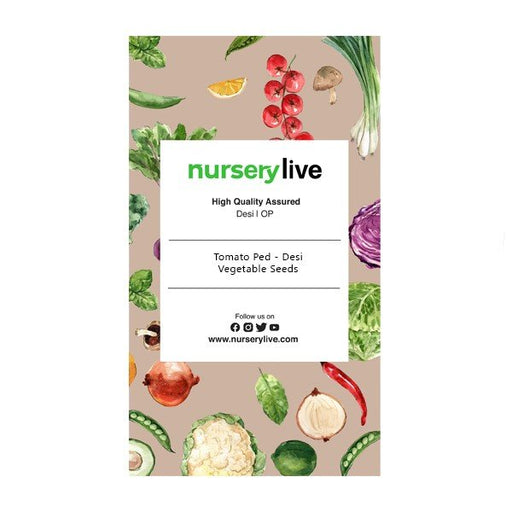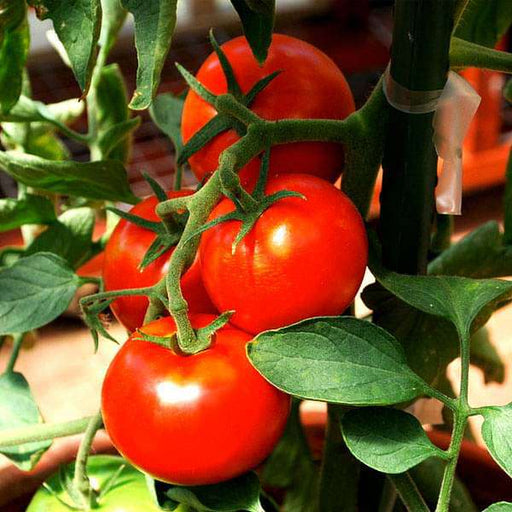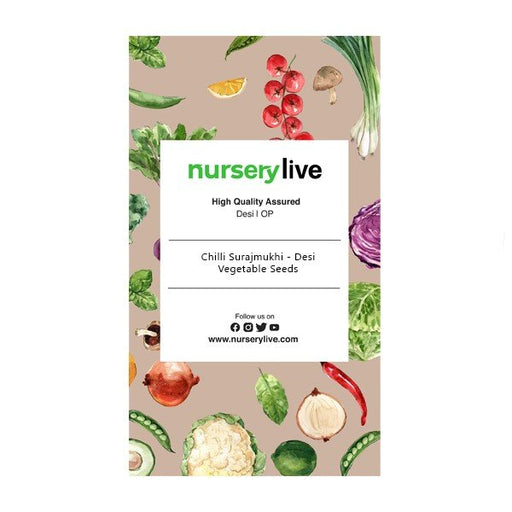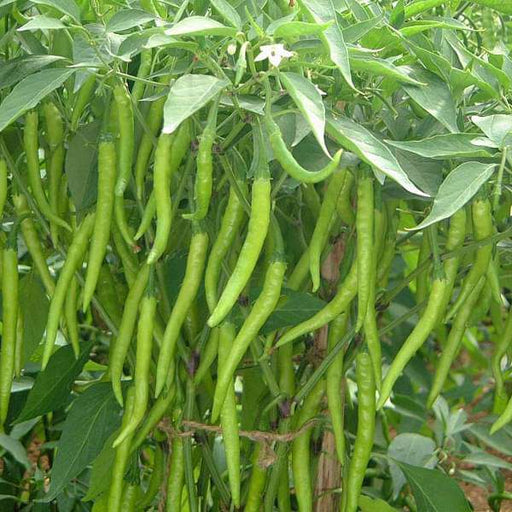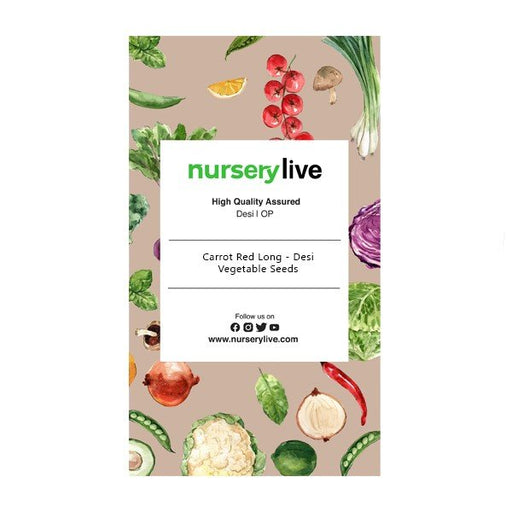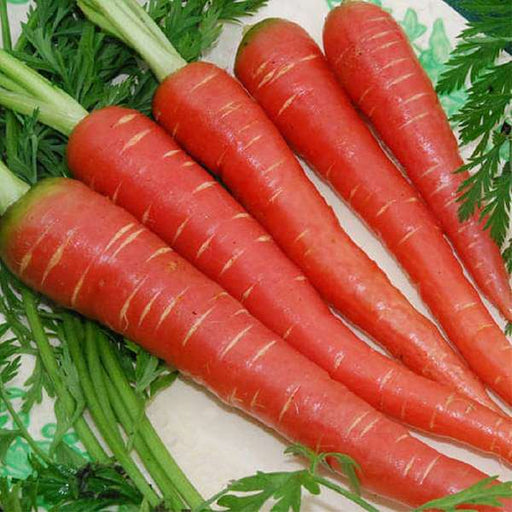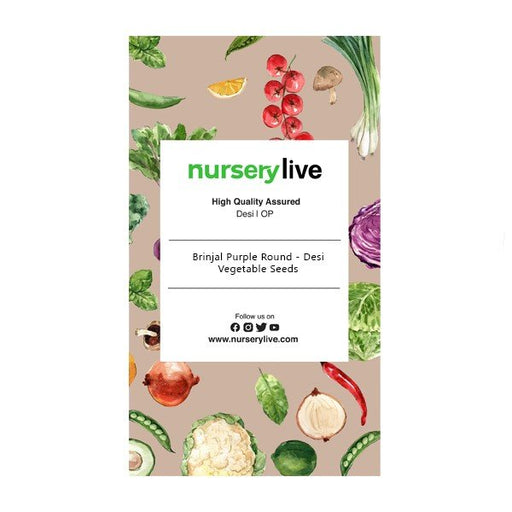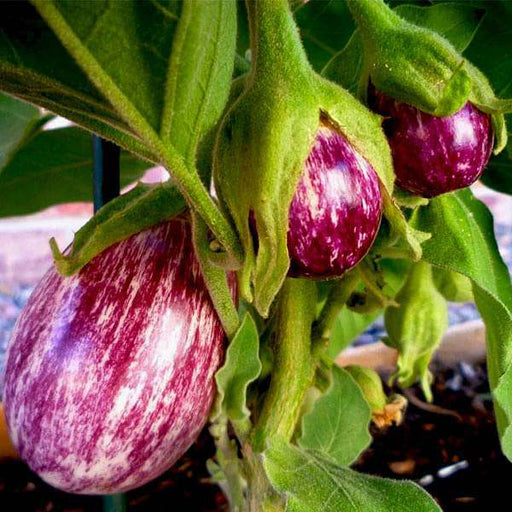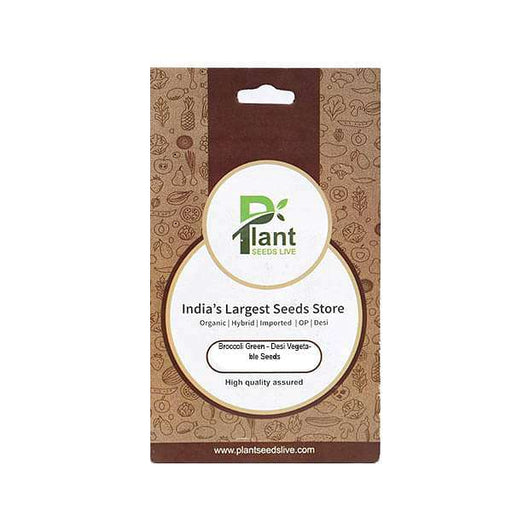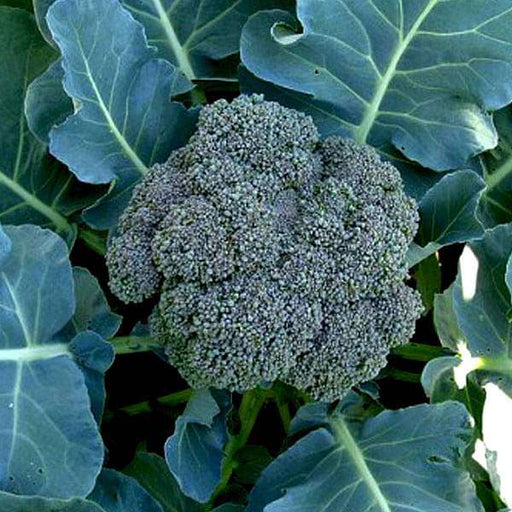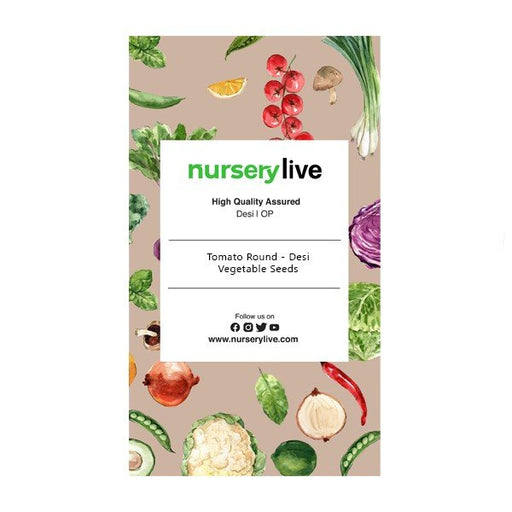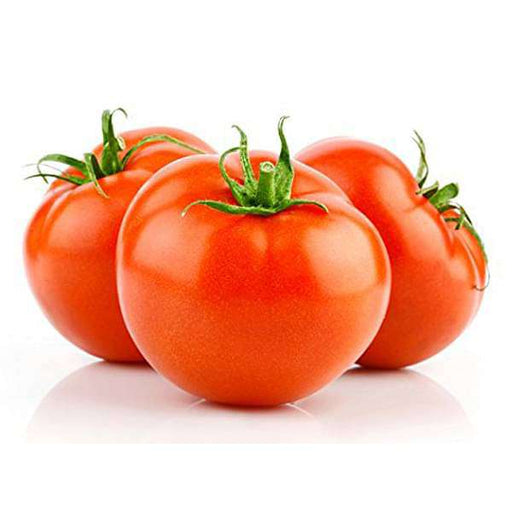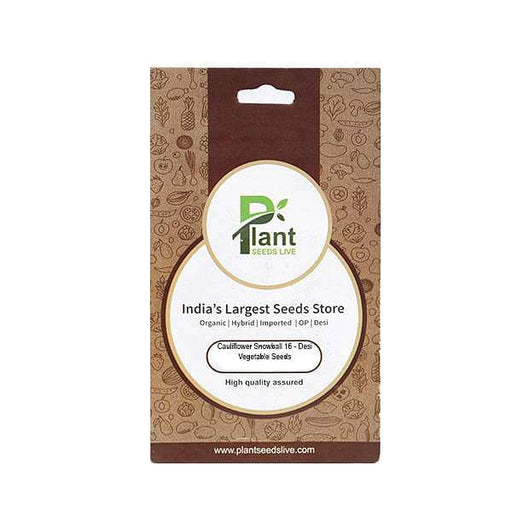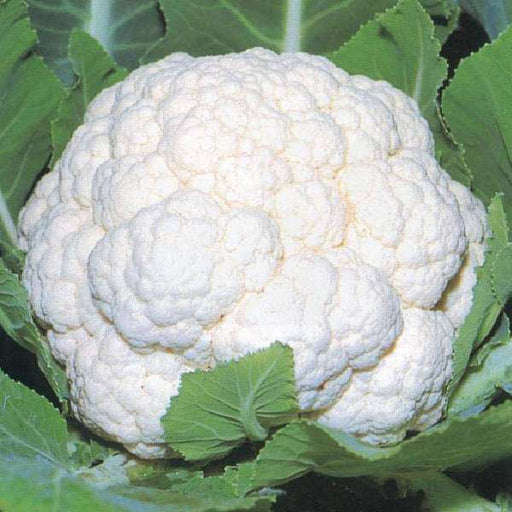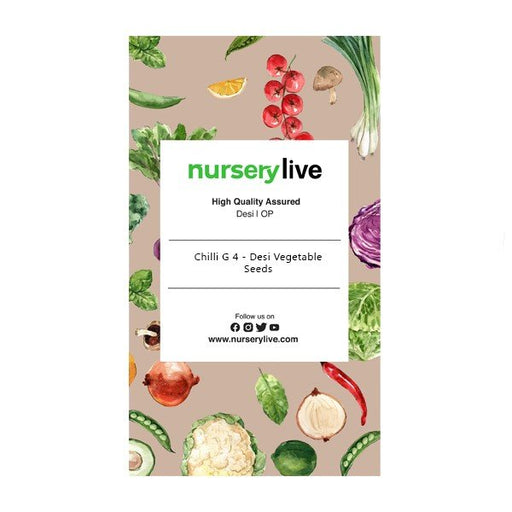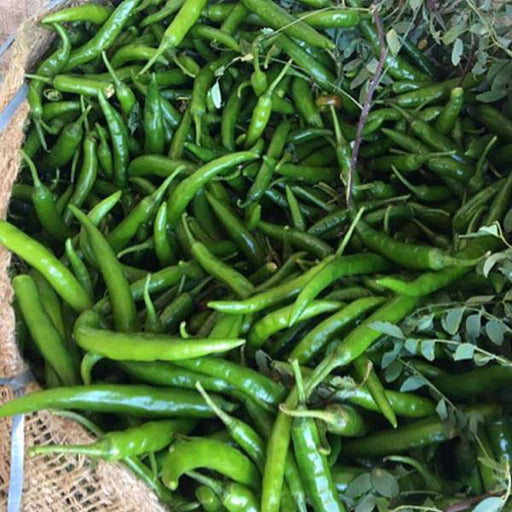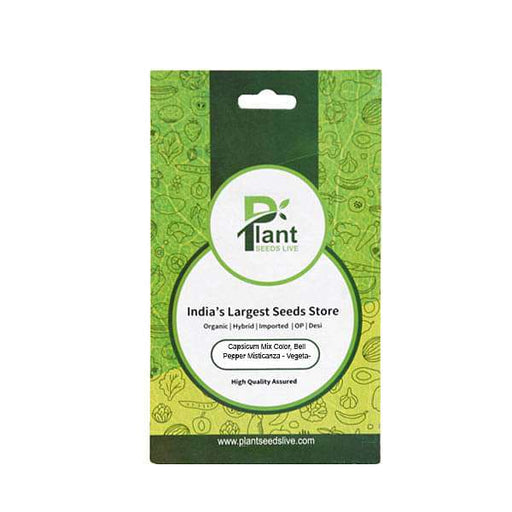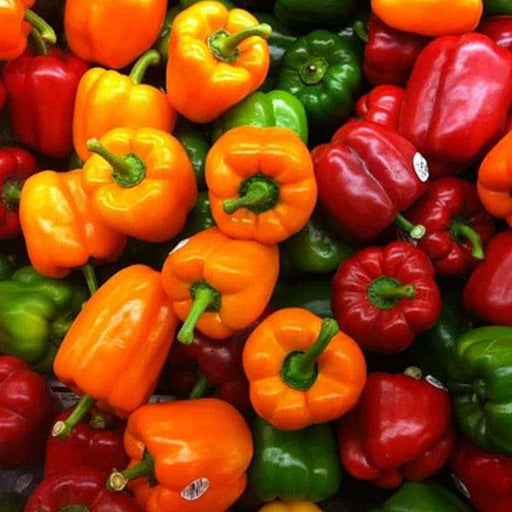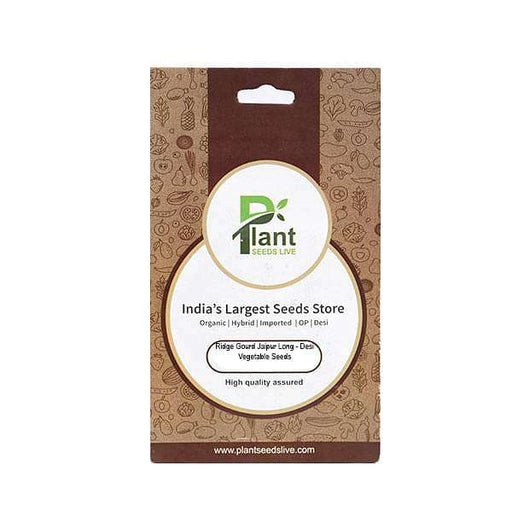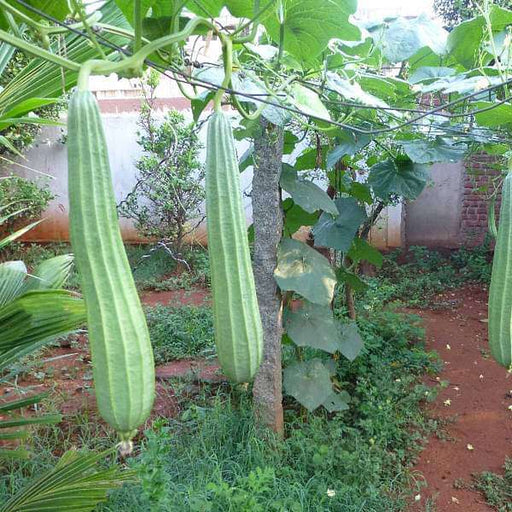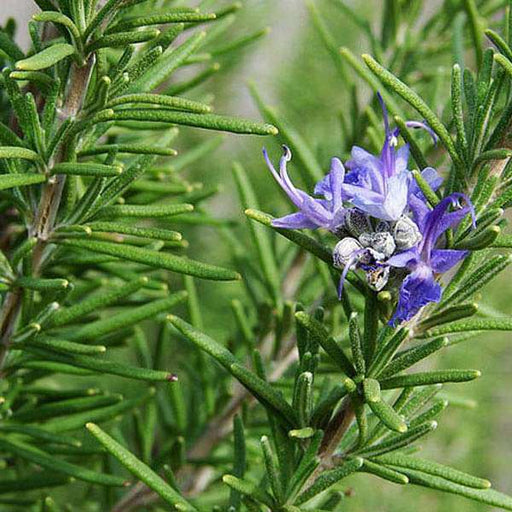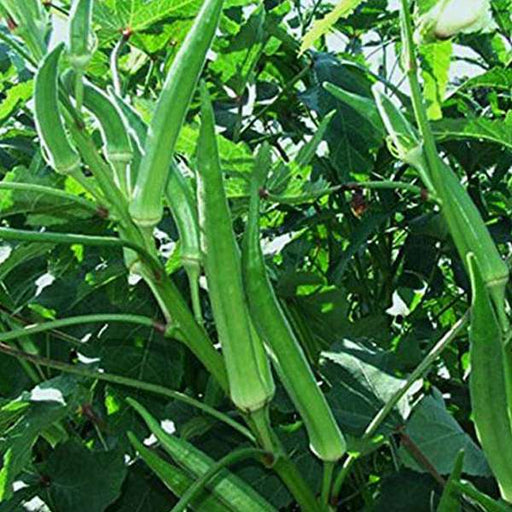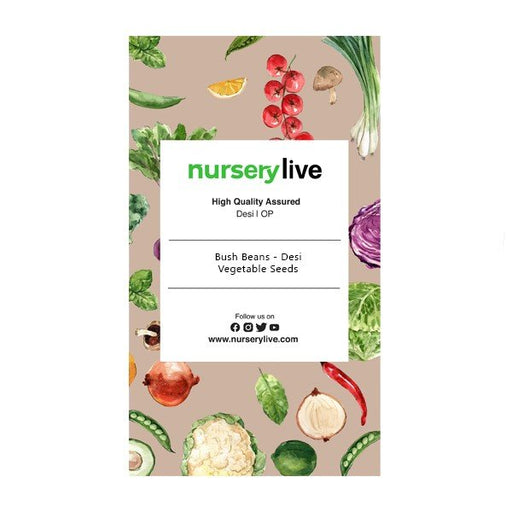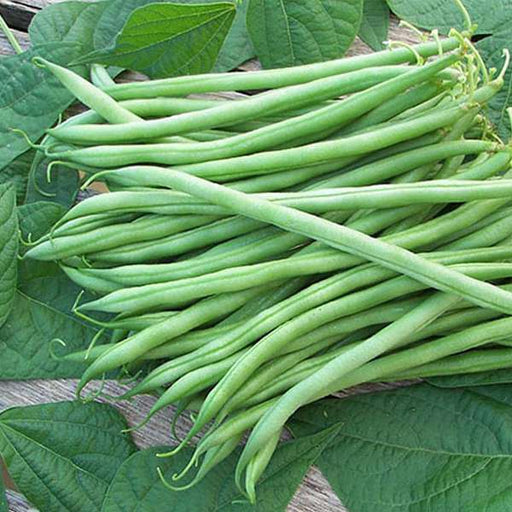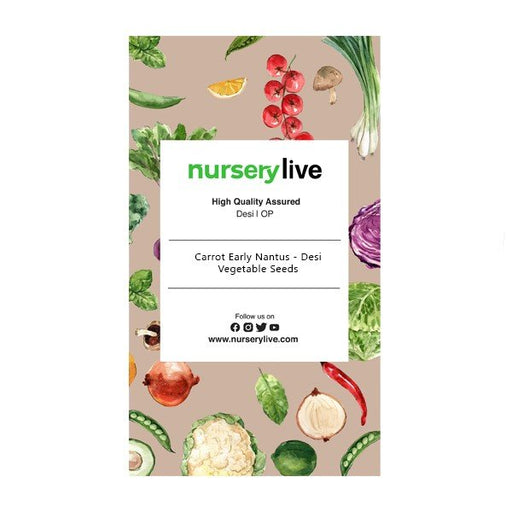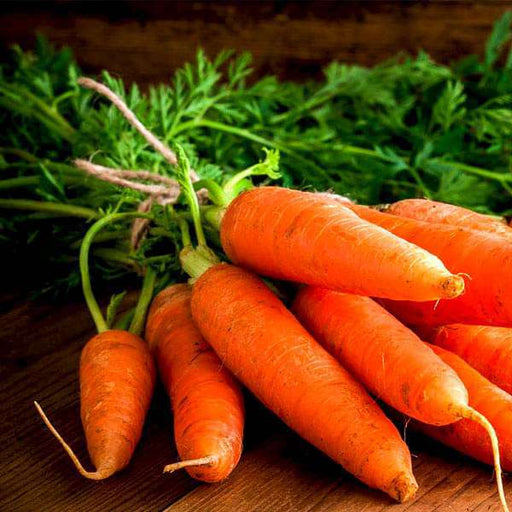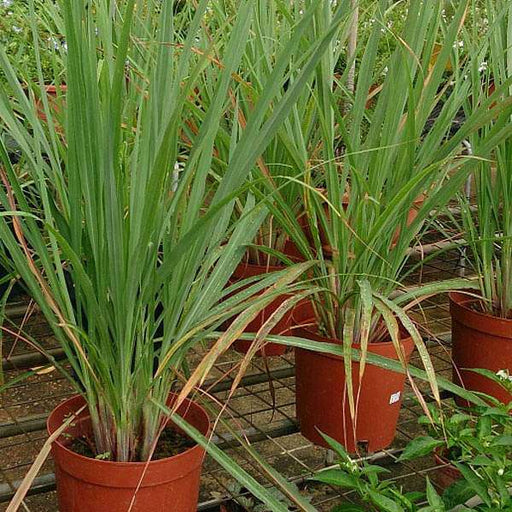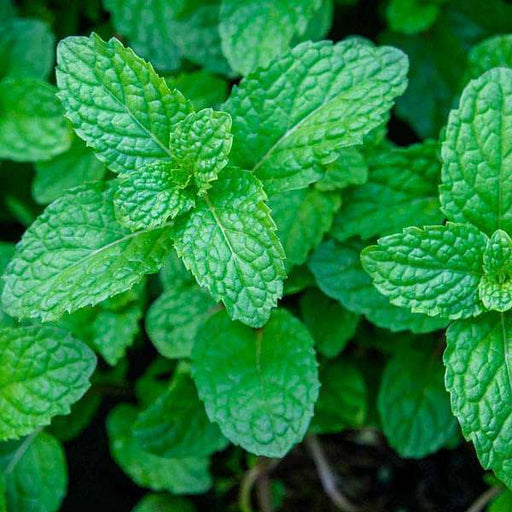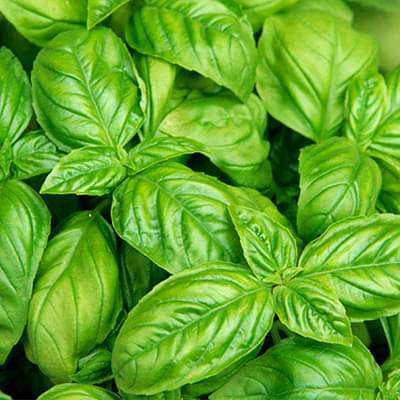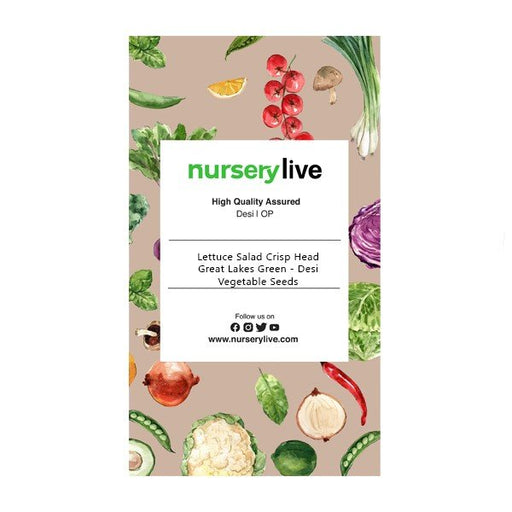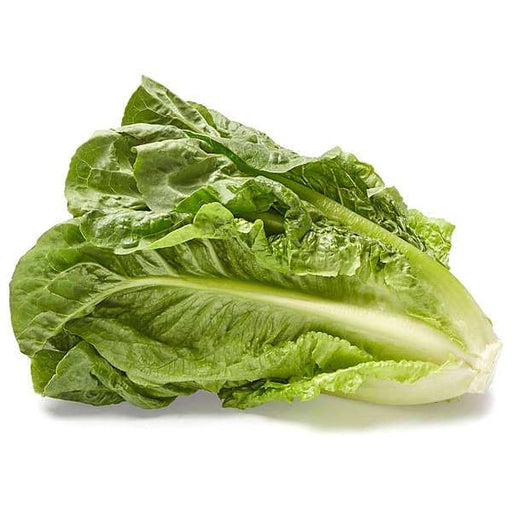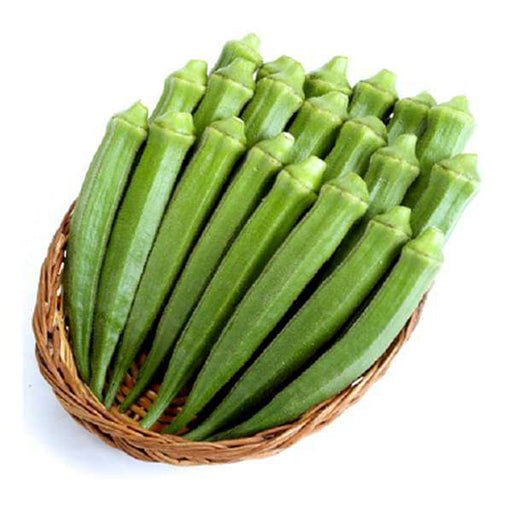Tomato seeds
Tomato seeds are one of the most popular vegetable seeds, and for good reason. Tomatoes are easy to grow and come in a variety of sizes, shapes, and colors, making them a versatile ingredient in the kitchen.
Basil seeds
Basil seeds are a must-have for any herb garden. This aromatic herb is easy to grow and adds a delicious flavor to a wide range of dishes, from pasta to pizza to salads.
Cucumber seeds
Cucumber seeds are another popular vegetable seed, and for good reason. Cucumbers are refreshing and low in calories, making them a healthy addition to any meal.
Lettuce seeds
Lettuce seeds are a great choice for those looking to grow their own salad greens. This versatile vegetable is easy to grow and comes in a wide range of varieties, from crisp romaine to tender butterhead.
Carrot seeds
Carrot seeds are a staple of any vegetable garden. This sweet and crunchy vegetable is packed with nutrients and is a great addition to soups, stews, and salads.
Spinach seeds
Spinach seeds are a great choice for those looking to grow their own leafy greens. This nutrient-rich vegetable is easy to grow and can be used in a variety of dishes, from salads to smoothies.
Peppermint seeds
Peppermint seeds are a must-have for any herb garden. This refreshing herb is easy to grow and adds a delicious flavor to a wide range of dishes, from tea to desserts.
Bell pepper seeds
Bell pepper seeds are a popular choice for those looking to add color and flavor to their meals. These versatile vegetables come in a range of colors, from green to red to yellow, and can be used in a variety of dishes, from stir-fries to salads.
Chives seeds
Chives seeds are a great choice for those looking to add a mild onion flavor to their dishes. These easy-to-grow herbs are a great addition to soups, salads, and omelets.
Watermelon seeds
Watermelon seeds are a popular snack and a great addition to salads and smoothies. These seeds are easy to grow and come in a range of sizes and colors.
Garlic seeds
Garlic seeds are a must-have for any herb garden. This flavorful herb is easy to grow and adds a delicious flavor to a wide range of dishes, from pasta to soup to roasted vegetables.
Zucchini seeds
Zucchini seeds are a great choice for those looking to grow their own summer squash. This versatile vegetable is easy to grow and can be used in a variety of dishes, from frittatas to stir-fries.
Oregano seeds
Oregano seeds are a must-have for any herb garden. This flavorful herb is easy to grow and adds a delicious flavor to a wide range of dishes, from pizza to pasta to grilled meats.
Onion seeds
Onion seeds are a staple of any vegetable garden. This versatile vegetable adds flavor to a wide range of dishes, from soups to stews to stir-fries.
Sage seeds
Sage seeds are a great choice for those looking to add a savory flavor to their dishes. This herb is easy to grow and adds a delicious flavor to roasted meats, vegetables, and stuffing.
Radish seeds
Radish seeds are a great choice for those looking to add a bit of spice to their salads. These easy-to-grow vegetables come in a range of colors and shapes and add a refreshing crunch to salads and sandwiches.
Dill seeds
Dill seeds are a must-have for any herb garden. This flavorful herb is easy to grow and adds a delicious flavor to a wide range of dishes, from pickles to salads to seafood.
Beetroot seeds
Beetroot seeds are a great choice for those looking to add color and nutrients to their meals. These versatile vegetables can be roasted, boiled, or pickled and are a great addition to salads and soups.
Thyme seeds
Thyme seeds are a great choice for those looking to add a savory flavor to their dishes. This herb is easy to grow and adds a delicious flavor to roasted meats, vegetables, and soups.
Kale seeds
Kale seeds are a popular choice for those looking to add nutrients to their meals. This leafy green vegetable is packed with vitamins and minerals and can be used in a variety of dishes, from salads to smoothies to stir-fries.

